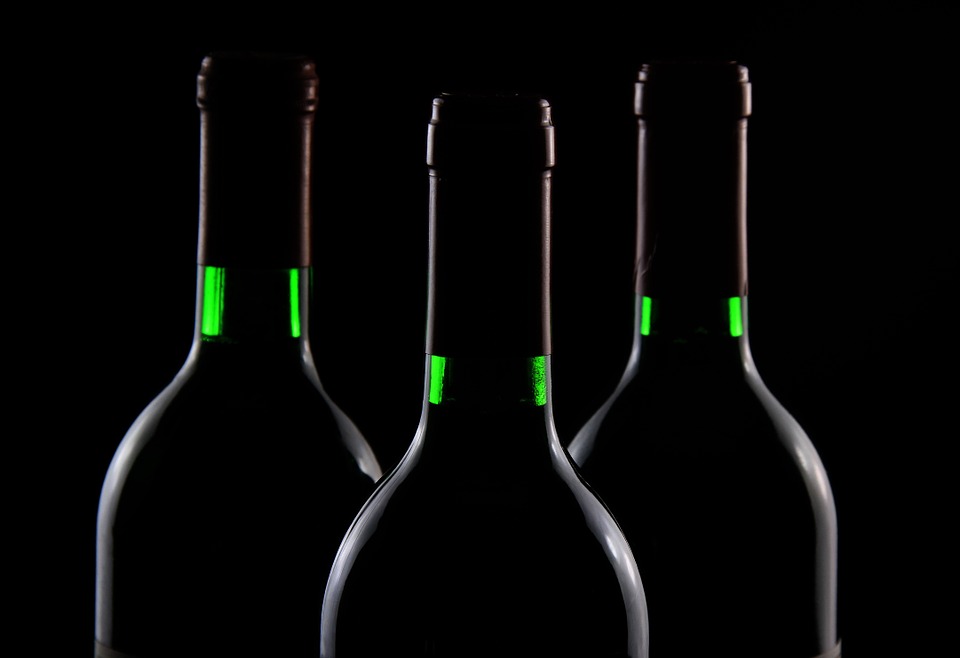In recent years, studies have been emerging that show cannabis, cannabidiol (CBD) particularly, can help restore liver function in mice previously diagnosed with cirrhosis; leading some to consider it a potential option for the rehabilitation of alcoholics.
By definition, alcoholism is a mental illness characterized by a compulsion and addiction to drink alcoholic beverages. As is the case with any addiction, the more one consumes, the more they will actually need to feel any kind of effects. This constant drinking in search of the right buzz is what eventually leads to advanced liver disease, which is extremely dangerous and difficult to treat. Studies show that CBD activates the CB2 receptors in our bodies, which can help kill hepatic stellate cells (HSCs). HSCs are the cells that accumulate on the liver when scarring occurs.
Not only that, but cannabidiol also has naturally protective properties that can help prevent liver damage from even occurring, or at the very least, it could slow down the process. According to a 2014 study, CBD has the ability to prevent oxidative stress from alcohol consumption. Another study completed later that year found that “cannabinoids inhibited CYP1A enzymatic activity, meaning it reduced the liver’s risk of toxicity and cancer.”
Research also suggests that the anti-inflammatory properties of CBD could be useful in the treatiment of hepatitis. A study from 2015 found that CBD can have immunosuppressive and profibrogenic in patients with hepatitis C. This has been a common topic of research for years. Back in 2003, one study determined that the anti-flammatory properties found in CBD can help reduce inflammation in a damaged liver.
No states have yet approved the use of medical cannabis for treating cirrhosis specifically. However, a few states allow doctors to prescribe cannabis for whatever condition they feel it could successfully treat.
[Image credit: Pixabay]






